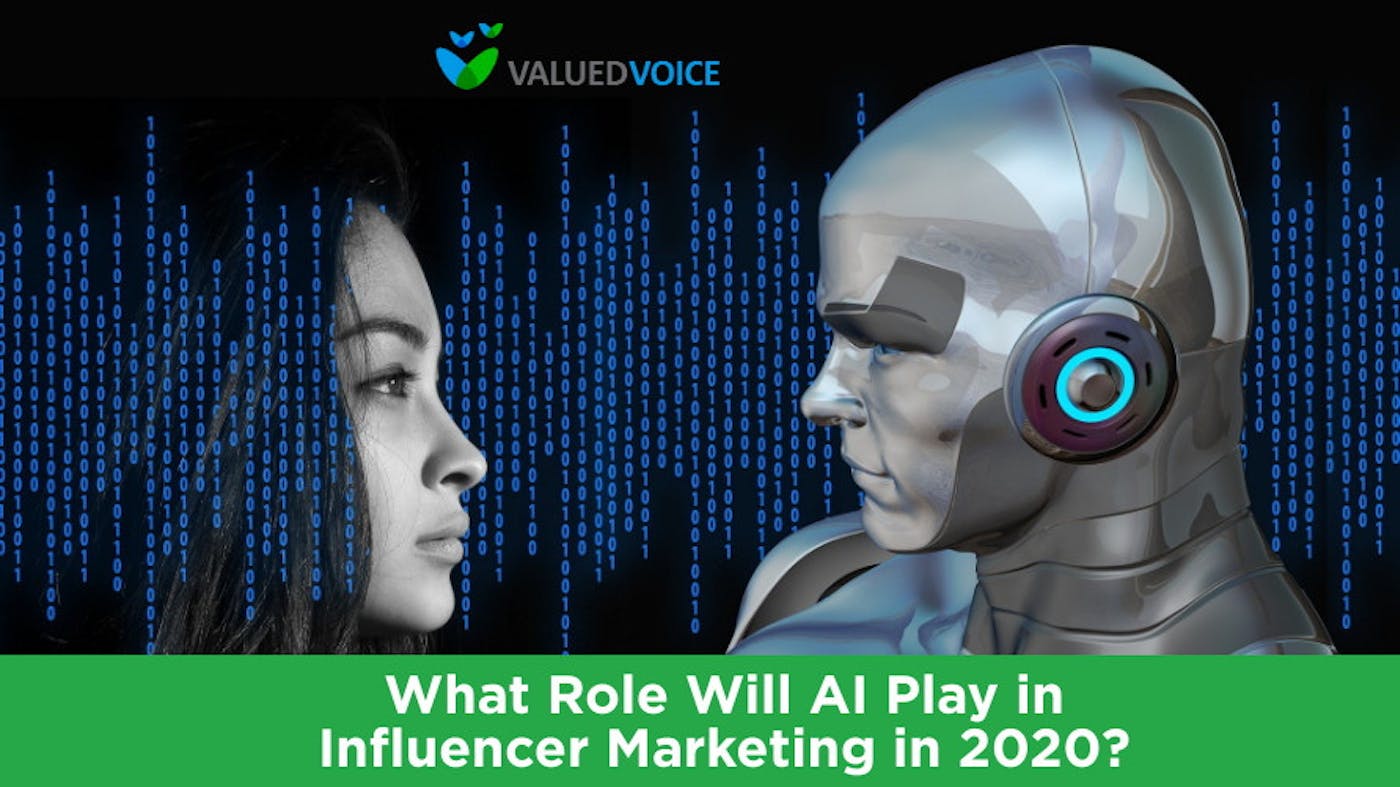Influencers are a wildly popular element in the digital marketing industry. These individuals have various social media channels followed by others.
Today’s marketers have taken notice of the myriad of possibilities, and they work with influencers to tout brands, products, and causes to their followers through online platforms.
The influencer marketing trend continues to experience an increase, with predictions of global spending on digital influencers to be $5 to $10 billion by the end of 2020.
Another growing business marketing trend is the use of artificial intelligence (AI). Currently, most of the types of AI used by businesses revolve around algorithms rather than robots—most, but not all.
Reports expect business spending on AI will climb to a staggering $3.9 trillion by 2022. So, what does AI have to do with influencers? Quite a bit and 2020 will usher in a new era for machine learning.
Choosing Influencers
When a company decides to use influencer campaigns as part of its marketing strategy, it faces challenges.
In fact, finding the right influencers requires careful consideration and research. Internet marketers can no longer depend solely on quantitative metrics when choosing brand representatives.
Cases of internet superstars buying followers have shown that numbers alone are no longer a trustworthy measure of an influencer’s worth.
Digital marketers are starting to choose influencers based on qualitative traits. Some of these traits include brand affinity, creativity, quality of published material, and how well an influencer matches the company’s goals and values.
AI comes into this fundamental shift in the influencer platform by taking over some of the duties marketers have been performing so they can concentrate on the human aspects of choosing influencers.
- Data processing and analysis
- Solving problems
- Research and planning
Influencer marketing is, after all, about one human reaching out to another, and as such, the human touch is essential.
However, machine learning is growing to become much more in the influencer industry than merely an instrument to perform onerous data-related tasks that free up humans for creative efforts.
AI-Powered Influencer Systems
AI is a boon to marketers because it can handle large amounts of data with extreme precision. And now the possibilities of AI in the digital marketing industry are expanding.
The rising popularity of AI-powered influencer marketing systems is, in large part, due to them being highly effective tools for matching brands to the right influencers.
Companies can choose to work with a marketing agency specializing in this type of technology, or they can invest in bringing these platforms in-house.
These systems bring several advantages, including accuracy in data analysis and reporting, advanced product development and research, and high data quality and transparency.
They show how AI can lift digital marketing to a new level by performing burdensome tasks, freeing up humans for more subjective duties.
However, while much of AI is about algorithms that handle vast amounts of data efficiently, some of it resembles science fiction.
CGI Influencers
One of Instagram’s biggest stars is Miquela. She has more than a million followers and has accomplished a great deal in the past three years.
At 19, she appears to be fashionably groomed, socially trendy, and highly successful. However, she is a robot.
In industry parlance, she is one of a rising wave of computer-generated images that have become successful CGI influencers.
Couture clothing brands and high-end hair care products flock to her. They want to be included in her influencer posts even though she is not a flesh-and-blood human.
This new type of digital influencer has confused some consumers and raised questions. For example, Miquela cannot use the brands she talks about in her posts. So should this computer image be trying to persuade her followers to buy them?
How open should brands be about using CGI influencers? Industry experts are beginning to debate and discuss these issues as technology expands.
Technology is ever-expanding, and as it meets the world of digital marketing, advances are bringing about significant changes in the influencer industry.
AI is not only handling burdensome data-related tasks, but it has expanded into entire systems for today’s marketers.
It has even begun advertising brands itself, in the form of CGI influencers. Time will tell how AI’s role in the new generation of influencer marketing evolves and how easily humans accept the changes.
